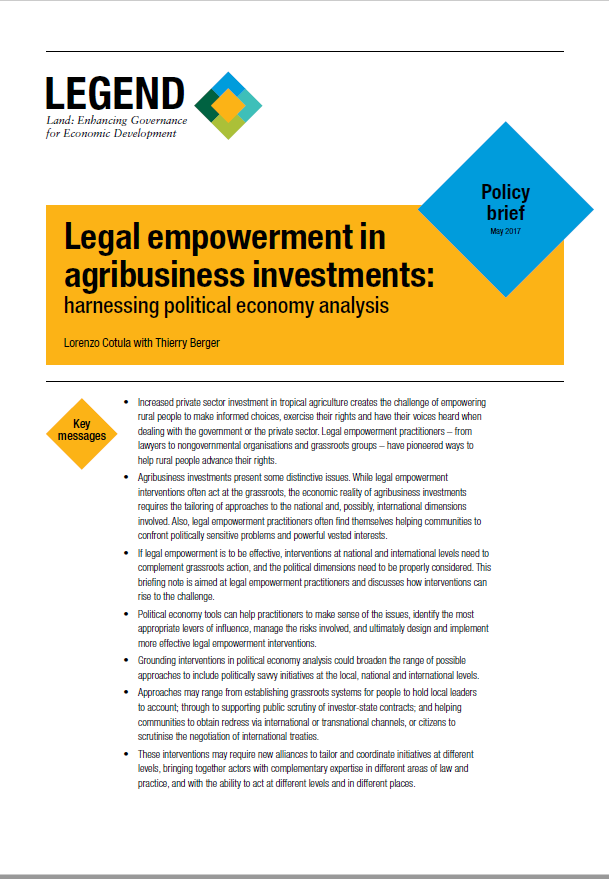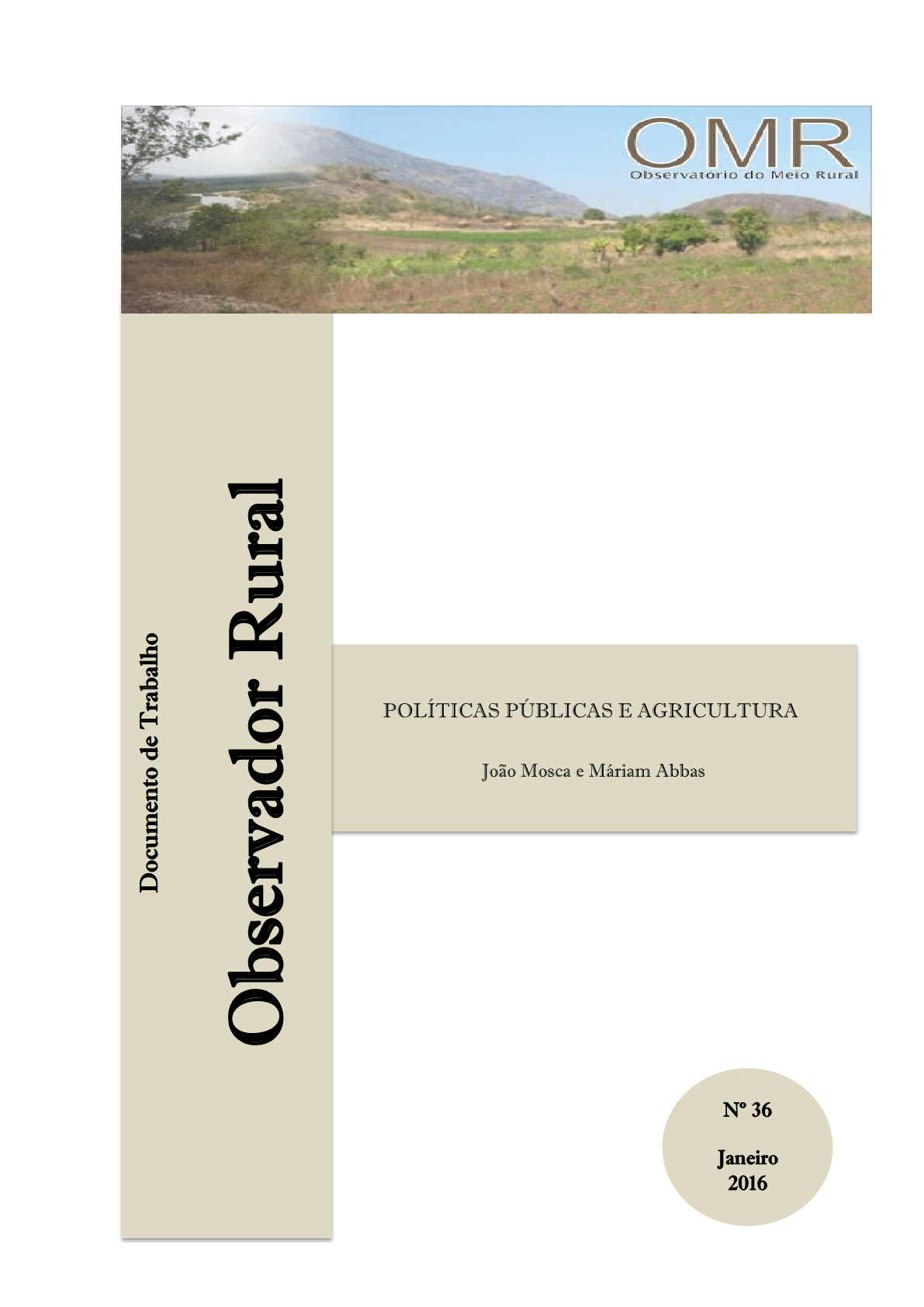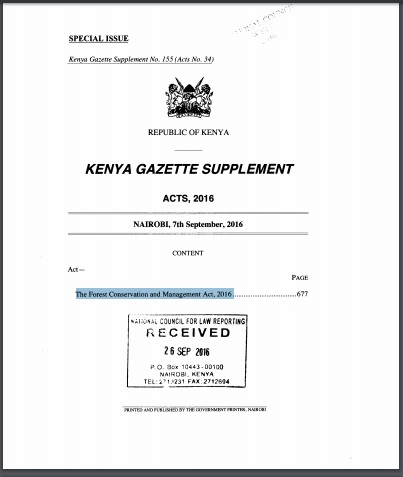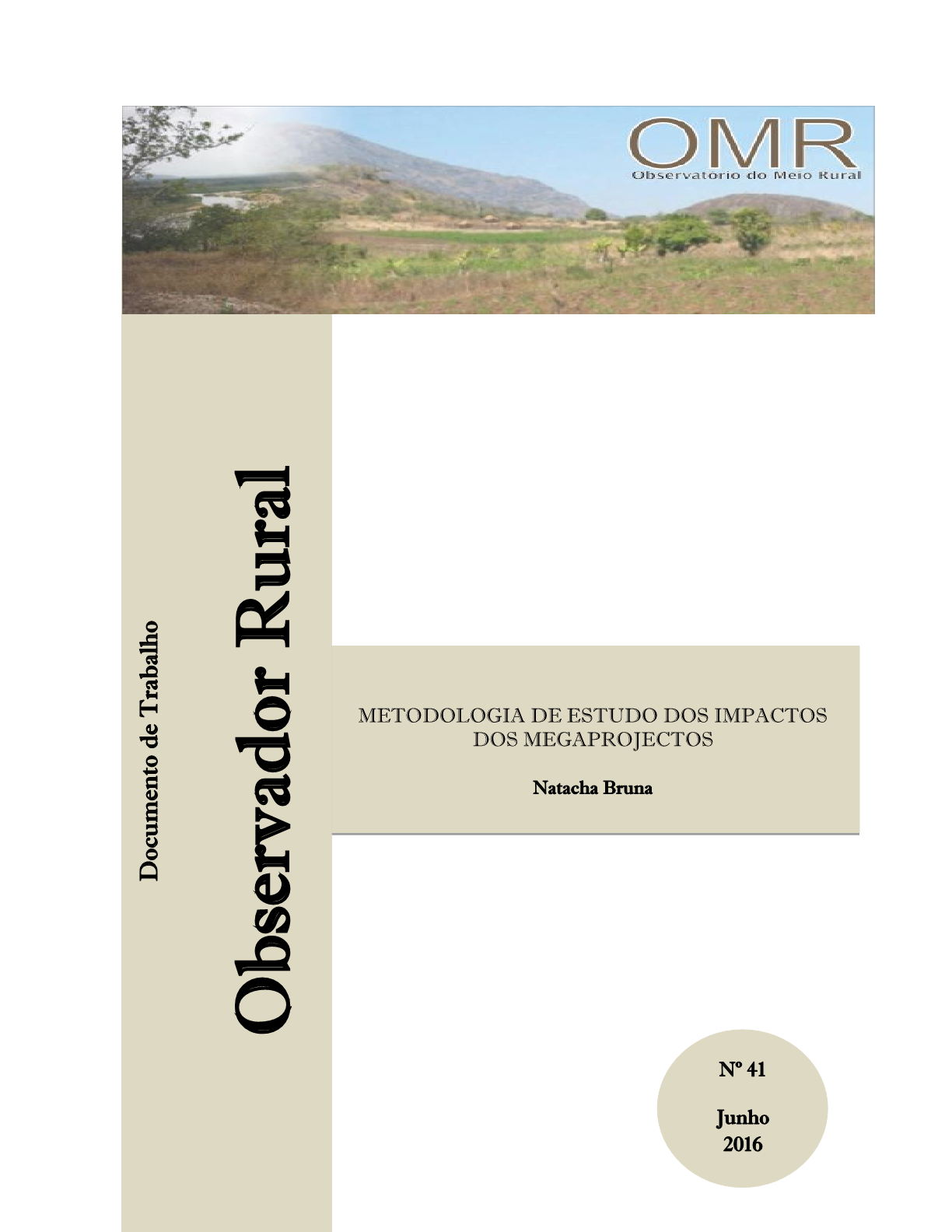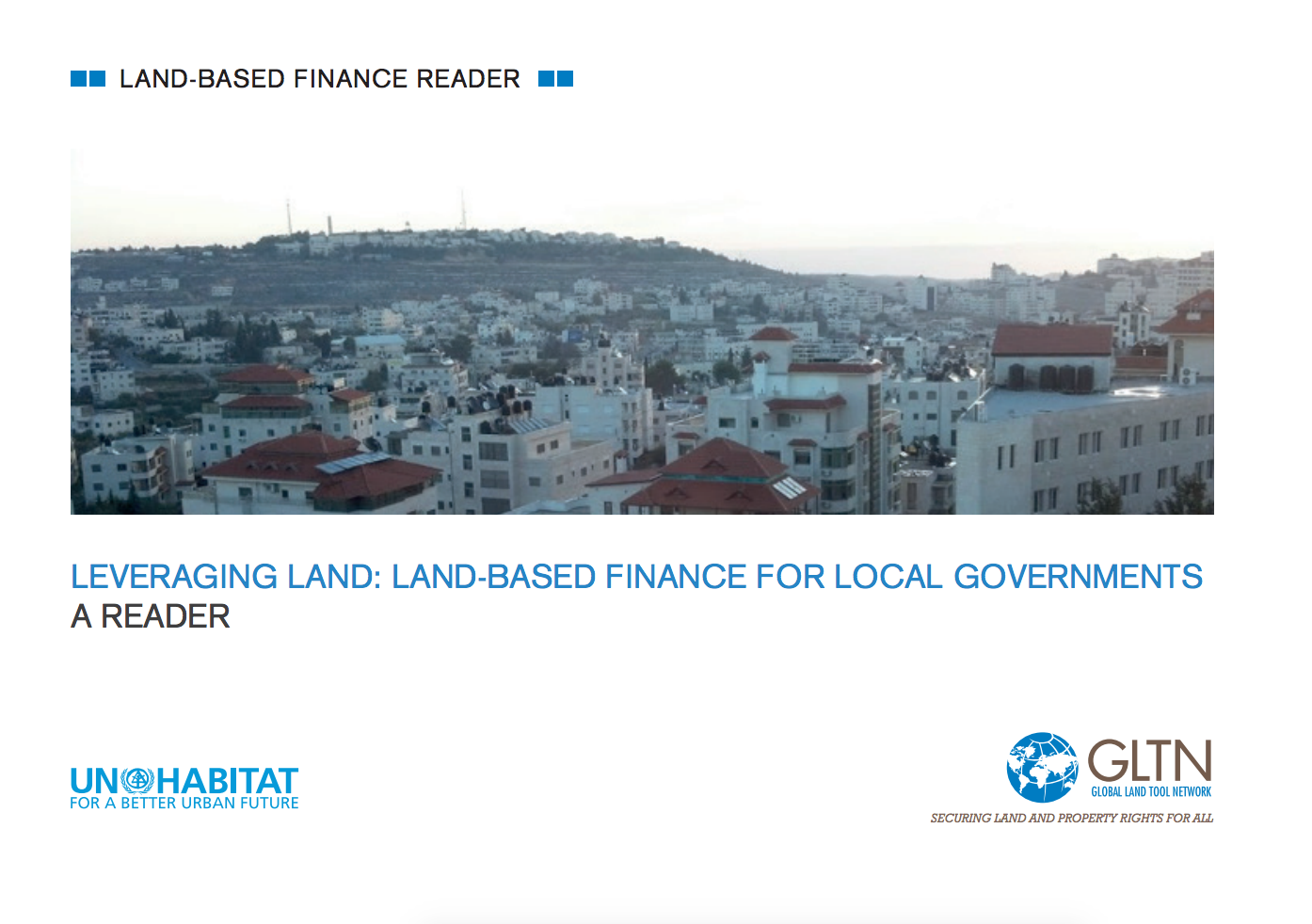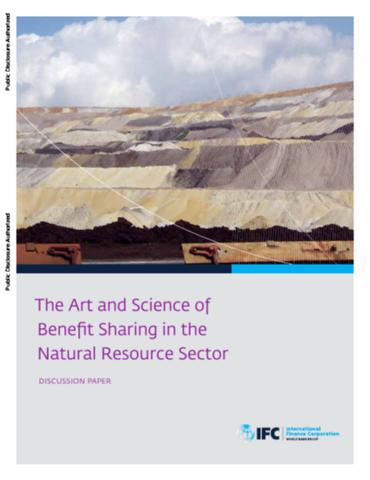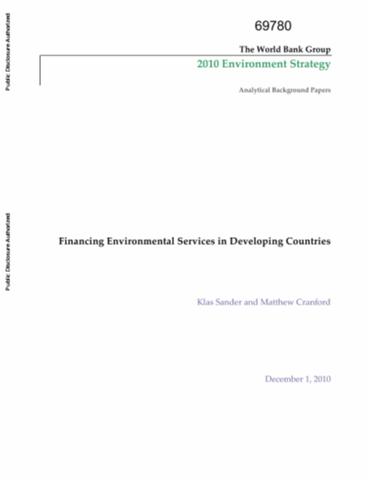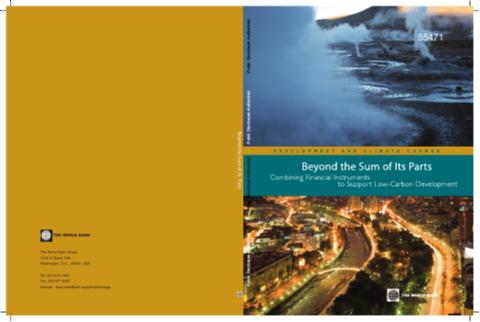Por razões conhecidas, o sector agrícola tem um papel fundamental na economia moçambicana. Este tema é relevante, por um lado, porque a agricultura é considerada a base de desenvolvimento do nosso país e, por outro, porque as políticas públicas influenciam o comportamento de diversas variáveis da actividade agrária. Moçambique possui condições naturais para, a longo prazo, desenvolver um sector agrário diversificado, dinâmico e sustentável. Existem mais de 36 milhões de hectares de terra arável, dos quais somente 10% estão em uso e, destes, 90% pelo sector familiar (PEDSA, 2011).

